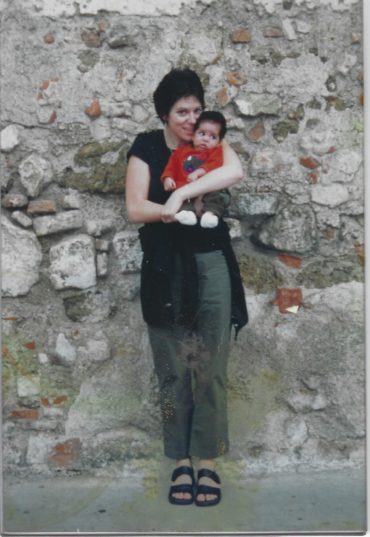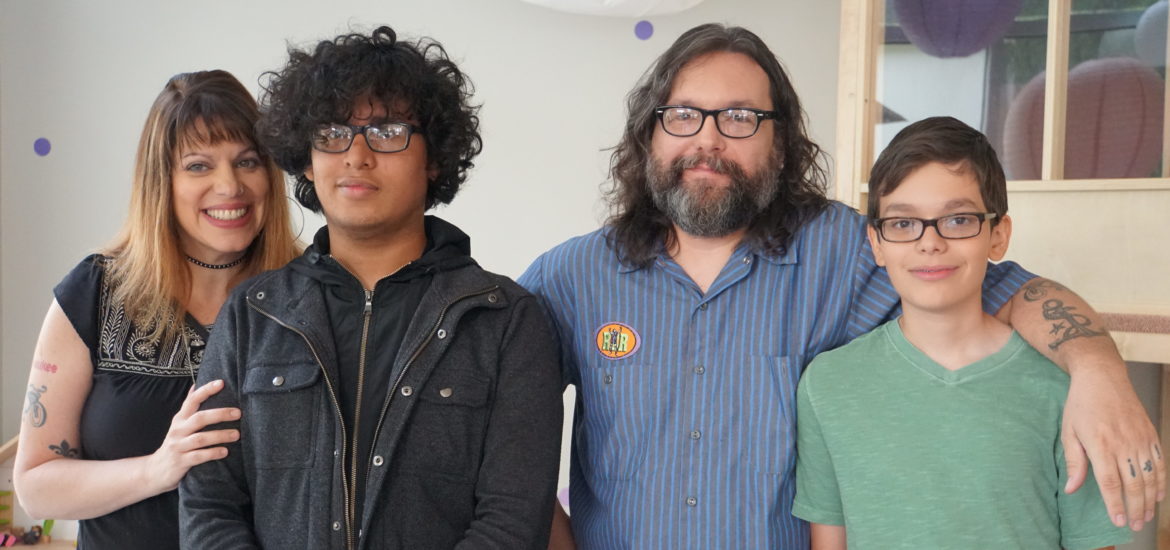When I told people I was going on vacation to Nicaragua, most didn’t have much to say, but their faces conveyed confusion, fear or disapproval. Once I explained my friend was in the Peace Corps and I was going to visit her and her new Nicaraguan husband, it made a little more sense to them. And I get why people were perplexed and concerned by my travel choice: Nicaragua is the second poorest country in the western hemisphere after Haiti and has a history of violence and political unrest. Plus, people my age grew up during the Contra War and the nightly news taught us that the word “Sandinista” was synonymous with evil.
But I wasn’t afraid to go there. I would be with friends, it was dirt cheap (after airfare) and most importantly, I would get a much-needed break.
So in January of 2000, I flew to Managua, Nicaragua to figure some things out. And to drink a bunch of cerveza in the sun.
I’m a person who enjoys the challenge of being outside their comfort zone. Sometimes I think it’s self-destructive, but mostly I think I’m an experience junkie who thrives on new opportunities. In any case, this came in handy from the moment I stepped outside the Managua airport, into the hot, crowded streets and saw chickens getting off a wildly colorful bus.
My friends greeted me outside the airport and we walked a couple of blocks to rent a car. There was exactly one vehicle available, a Daihatsu, which is a small, stick-shift Japanese car. We quickly realized I was the only person who knew how to drive a manual vehicle and so, with hesitation and heart palpitation, I climbed behind the wheel.
The roads in Managua were in much better shape than the roads I would encounter over the next nine days when I drove my newlywed friends around the country. At the time, however, the roads seemed rough and bumpy and filled with honking cars driving too fast. When I got to a stoplight and pressed my foot on the brake, I let out a sigh of relief and loosened my death grip on the steering wheel.
Seconds later still stopped for the light, I saw a face peering at me through the windshield. It was a young boy, maybe four or five, who had practically climbed onto the hood of the car to wash my windshield with a dirty rag.
My friend’s husband rolled down the window, said, “No, no!” The kid scurried off. I knew he wanted money, and I probably would have given him some, but my friends told me not to, that once I started giving out money the asking would never stop.
Later I was approached by a boy with crushed soda cans stuck to the bottom of his shoes so he could “tap dance” for me. There were little girls around, too, I mean, there must have been, but my mom instinct kicked in every time I saw these young boys.
During the next week, I saw monkeys and parrots, napped in a hammock, climbed trees and drank chocolatey coffee from clay mugs. I also ate unpasteurized cheese at a Pizza Hut that made me violently ill, slept in hostels with dirty Barbie Doll sheets and put my used toilet paper in a rusty coffee can because there wasn’t any plumbing. Nicaragua was both beautiful and challenging.
But these little boys, they were everywhere. Were they earning money for their families? Were they orphans? (They were both.) And every time I saw one I tried to make eye contact. Sometimes we’d smile at each other.
Meanwhile, I was getting homesick and starting to desire luxuries from home: warm showers, smaller bugs and a break from the sweltering heat. After a few more days, I started to miss just about everything.
With all the driving, I had plenty of time to think (in between dodging a wild boar running across the road or a pothole that was the size of a kiddie pool) and I thought maybe my life in the United States wasn’t as grim as I thought when I boarded the plane in Milwaukee. Just because a doctor said I would never have a baby and my job writing those cards that fall out of magazines was unfulfilling, maybe it was a matter of perspective.
Nicaraguans had so much less than I did, materially speaking, and they seemed happy. Maybe life really was about always making the best of a situation, as my Depression-era grandmother told me over and over.
While driving for another 50 miles or so, I thought about this. And then I saw a little boy walking alone on the side of the road: shirtless, dirty, skinny but holding a bright yellow flower. I watched him from my rear view mirror until he was completely out of sight.
And then it hit me: maybe I was supposed to adopt one of those little boys.
Two days after my plane landed, I told my husband about the little boys in Nicaragua. Two years later, we had one laughing and eating bananas in our backyard. He’s 15 now and the most beautiful and resilient person I have ever met. Sometimes I tell him about where he’s from – about the kind people and the parrots – and I promise to take him there.
Adoptive moms sometimes say their child came from their heart, not their womb, and although I agree with that, I know my son also came from the soul-searching aspect of world travel.


